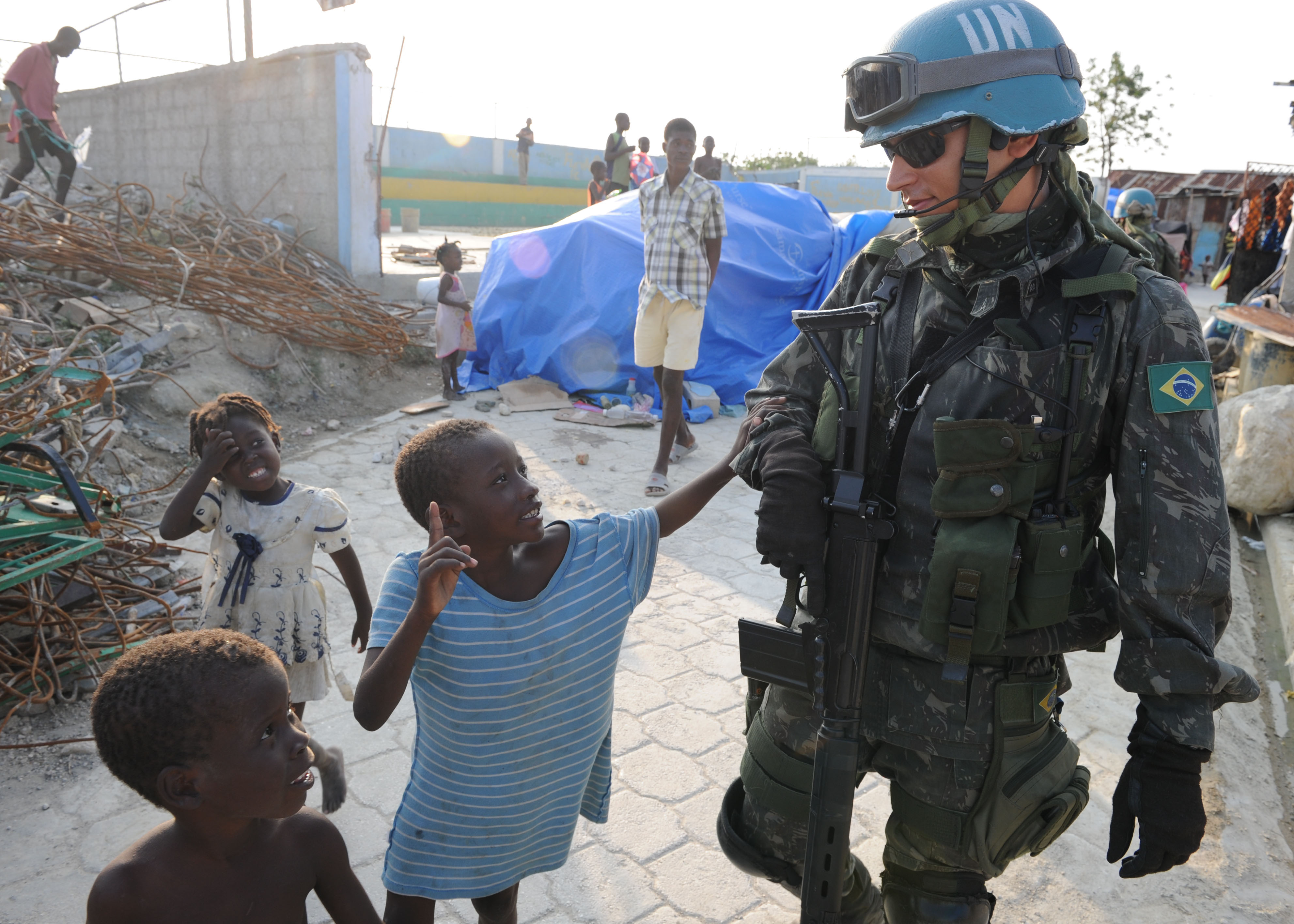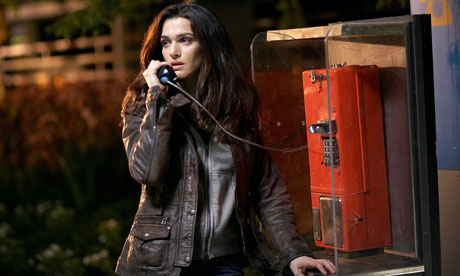Peacekeeping
The Peacekeeping theme focuses on a gendered approach to multi-dimensional peacekeeping missions, predominantly through gender mainstreaming of peace support operations and the increase of female recruitment in peacekeeping, military, and police.
The Security Council calls for an increase in the number of women in peacekeeping operations (1325,OP6).
It is also important to note that the issues of gender and peacekeeping should never be reduced to the number of women recruited as peacekeepers. Promoting security is about providing real human security for the population, not about the militarisation of women. The point is not to achieve gender parity for its own sake, but rather to draw on the unique and powerful contribution women can make to peacekeeping.
The Security Council commits to include a gender component in UN field operations (1325,OP5), and requests that the Secretary-General’s reports to include information on the progress of gender mainstreaming within each operation (1325,OP17). Without a gender perspective, it is almost impossible to adequately create an inclusive security, which forms the basis of promoting sustainable and durable peace. Gender training, pre-deployment, on the ground, and post-deployment is effective for ensuring peacekeeping personnel have sufficient knowledge and skills.
Peacekeeping missions are increasingly being mandated to address sexual violence (1960,OP10), and training can increase the prevention, recognition, and response to sexual and gender-based violence (SGBV) and sexual exploitation and abuse (1820,OP6). The implementation of the Women, Peace and Security agenda varies greatly among Peacekeeping Operations. This variation is a result of the peacekeeping mission’s mandates and also structure, leadership, funding, whether there is a designation of a separate unit to address gender, and the number of gender advisors. These key gaps were highlighted in DPKO’s Ten-Year Impact Study on Implementation of Resolution 1325 in Peacekeeping.
These measures can trigger positive changes for women within conflict and post-conflict situations, such as increased physical security, employment-related benefits, capacity building for local women’s organisations, and increased awareness of women’s rights. Additionally, positive role models and examples of women’s leadership have a positive effect on the environment and contribute to the success of peacekeeping missions.
For more resources on this Critical Issue, visit PeaceWomen Resource Center >>

 Gender violence in conflict zones can stem from a multitude of factors – societal customs, ideologies, stress, as well as government and non-government actors participating in the conflict. As a result, Iraq has seen an increase in the rate of domestic violence during periods of recession and war.
Gender violence in conflict zones can stem from a multitude of factors – societal customs, ideologies, stress, as well as government and non-government actors participating in the conflict. As a result, Iraq has seen an increase in the rate of domestic violence during periods of recession and war. When a 15-member delegation of the U.N.
When a 15-member delegation of the U.N.


